Civil Air Patrol Support
Academic Flight LLC unofficially supports the Civil Air Patrol (CAP) by offering some of its products and services either for free or at a discount to Civil Air Patrol members (usually the former, especially for cadets). While not being officially affiliated with the Civil Air Patrol, this page makes our clients aware, which courses they can get a discount on as members of the Civil Air Patrol. It also provides unofficial, informal guides how to attend certain CAP activities and where to find CAP resources.
Below please find a list of topics of interest to Civil Air Patrol cadets and senior members. Some are national CAP events or products (such as STEM kits), others are organized at the squadron level, and yet others are Academic Flight courses offered to CAP members for free as a contribution to the organization. The links will take you to separate pages describing the topics in more detail with our own interpretation and insights.
General
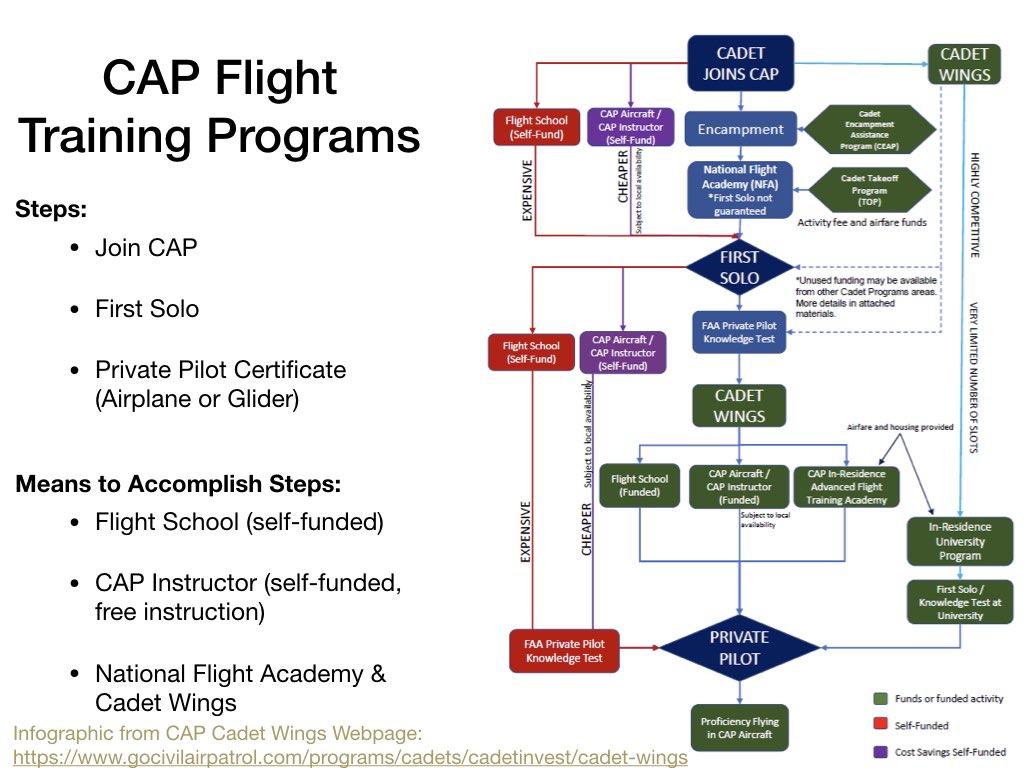
Useful Civil Air Patrol Links
The button below takes you to a page with links to individual Civil Air Patrol webpages and documents we find particularly useful, are frequently needed, or hard to find online using the most obvious search terms.
Events
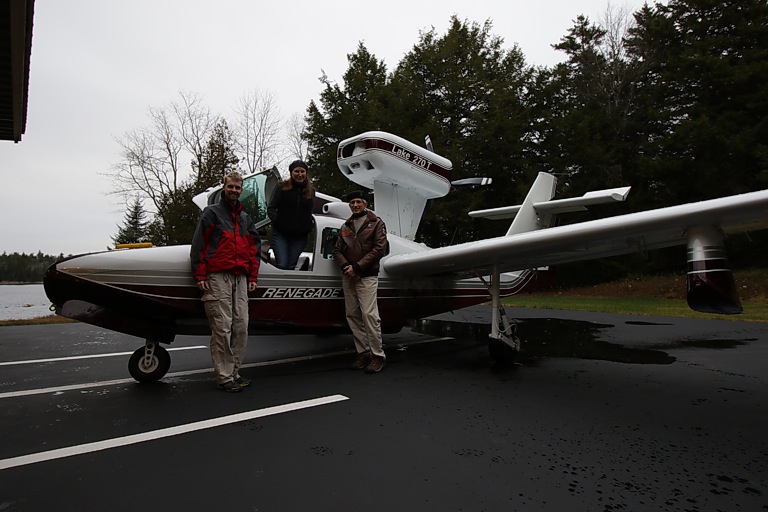
Special Lectures
Special lectures and Q&A sessions with professionals in various career fields and other guest speakers are organized regularly by the Opa-Locka Cadet Squadron in South Florida. Most of these lectures are available for remote attendance with the MS Teams app. In order to see the current schedule and to sign up to receive the MS Teams meeting link, click on the button below and scroll to the form on the very bottom of the page.
Cadet Orientation Flights
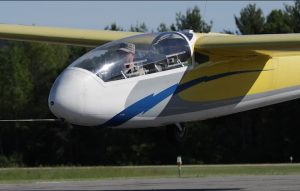
Glider Orientation Flights
Every Civil Air Patrol cadet may participate in 5 airplane and 5 glider CAP orientation flights at no cost, before they have reached their 18th birthday. In Florida, the flights are conducted in Miami Gliders aircraft by Civil Air Patrol orientation pilots at Homestead General Aviation Airport (X51), just south of Miami. The button below will lead you to a comprehensive unofficial information page preparing you for your attendance, including direction, uniform code, and other preparations, which you may wish to make before bringing your cadet to a CAP glider orientation flight
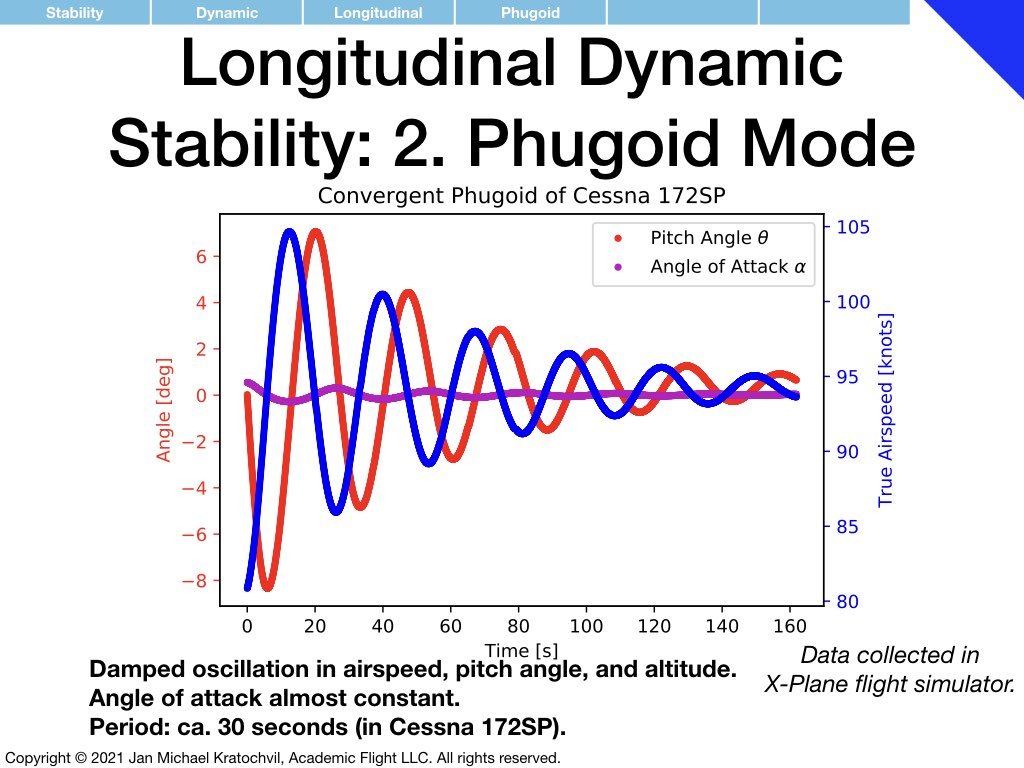
Flight Test Orientation Flights
The aforementioned glider orientation flights, while meeting syllabus requirements, can be combined with serious aerospace education and augmented by an introduction to flight test engineering, involving data collection and analysis, and even turned into small science projects possibly working with sensors and microcontroller. This allows even cadets who have already completed five orientation flights or who have turned 18 years of age to participate in cadet orientation flights, albeit only in a non-flying capacity. Click on the button below to learn more.
Flight Training

Online Private Pilot Ground School
We offer our renowned online private pilot ground school to Civil Air Patrol cadets for free as a contribution to the next generation of aviators. Calling it a private pilot ground school is a bit of a misnomer. In addition to preparing the cadets for their private pilot certificate, this course also aims at strengthening their knowledge and academic performance in aviation-related STEM disciplines in general, in an effort to improve their applications to military academies and top civilian universities. The program is aimed primarily at CAP cadets, but other ambitious high school or college students looking for a challenging flight training and aerospace education program may also find it interesting.
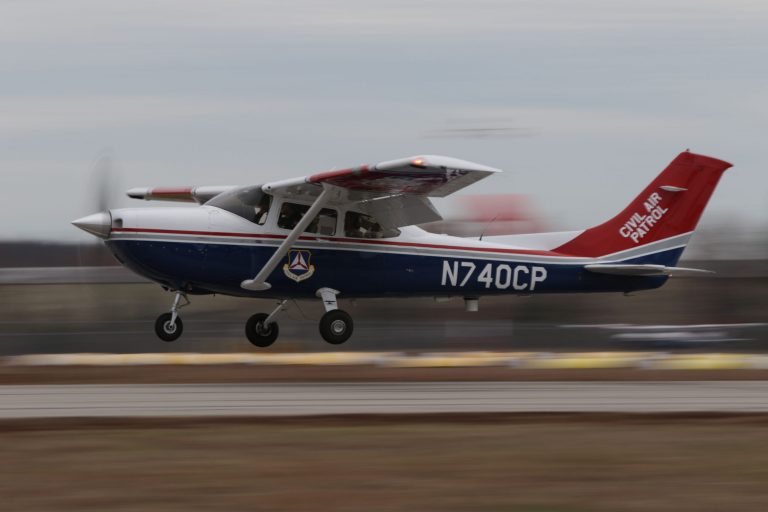
National Flight Academies
Article describing what CAP’s National Flight Academies are like, how to apply for them, and whether it makes sense to do so and attend one. (Article under construction, will be posted later.)
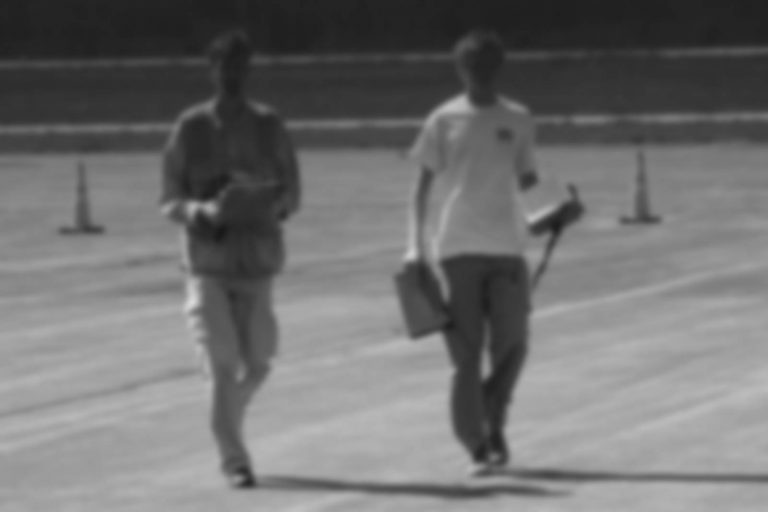
The Cadet Wings Program – An Opinion
Sense and nonsense of CAP’s Cadet Wings program, which provides funding to CAP cadets for the private pilot certificate. We help you understand the idiosyncrasies of the application process and show you that you can still get the funding, even if you struggle with performance, as long as you understand the application process and follow its rules. (Article under construction, will be posted later.)
Aerospace and STEM Education
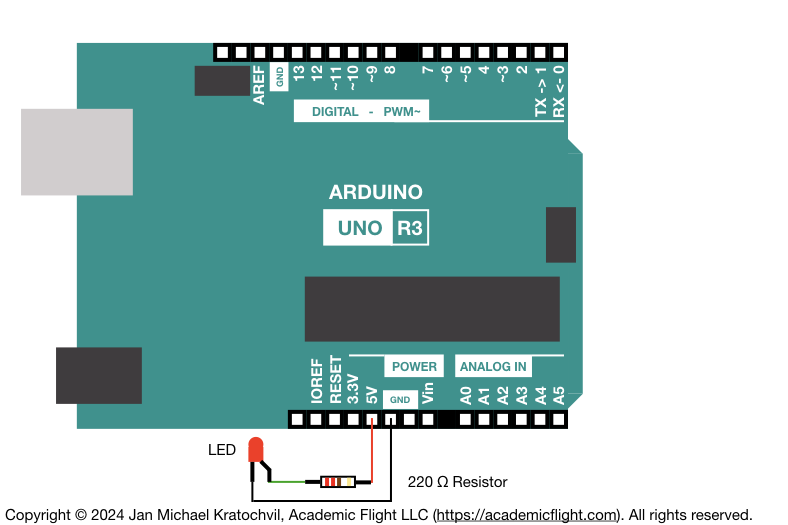
CAP STEM Kits
We comment on and work through some of the most interesting and challenging STEM kits of the Civil Air Patrol, as a pro bono contribution for the benefit of CAP cadets and senior members. Consider it supporting material, which you may potentially find useful for your effort to complete the STEM kit.
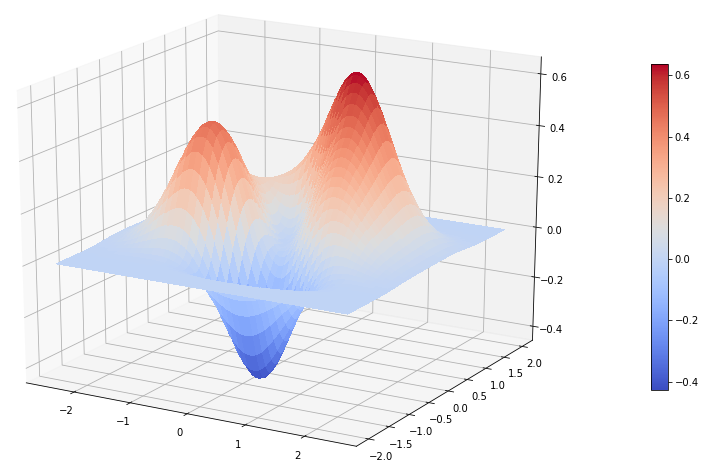
Computer Programming and Data Science
The online live classes of our Aerospace and STEM Education Course Series are designed to help cadets put together a compelling project portfolio for their college application, which will help them get into a better college.
We also offer two online STEM courses for self-paced self-study, which are of particular interest to CAP cadets (and senior members as well):
- Introduction to Embedded Systems
- Data Science and Computing with Python for Pilots and Flight Test Engineers
The first course is very similar to CAP’s 30 Days Lost in Space STEM Kit, but content wise significantly better. In particular, we teach you proper programming skills (such as using object-oriented programming with classes and avoiding global variables). On the other hand, we do not have any videos in our course, which the CAP kit does, so we suggest you do both our course and the CAP kit simultaneously. You will enjoy the CAP kit videos, which are freely available on YouTube, while our course will teach you how to work through the kit online in your web browser in simulation, without having to order the actual electronic kit hardware.
The second of our two above courses will teach you some of the most universally applicable skills every high school student should possess: the ability to read in data into a computer, do some simple data manipulations, and create a visually appealing plot of the data to be included in a presentation, on a poster, or in a document. You will do this in Python, which gives you much more flexibility than using a GUI spreadsheet application. After that, the course branches off into various more in depth directions, which you can explore at your own discretion.
